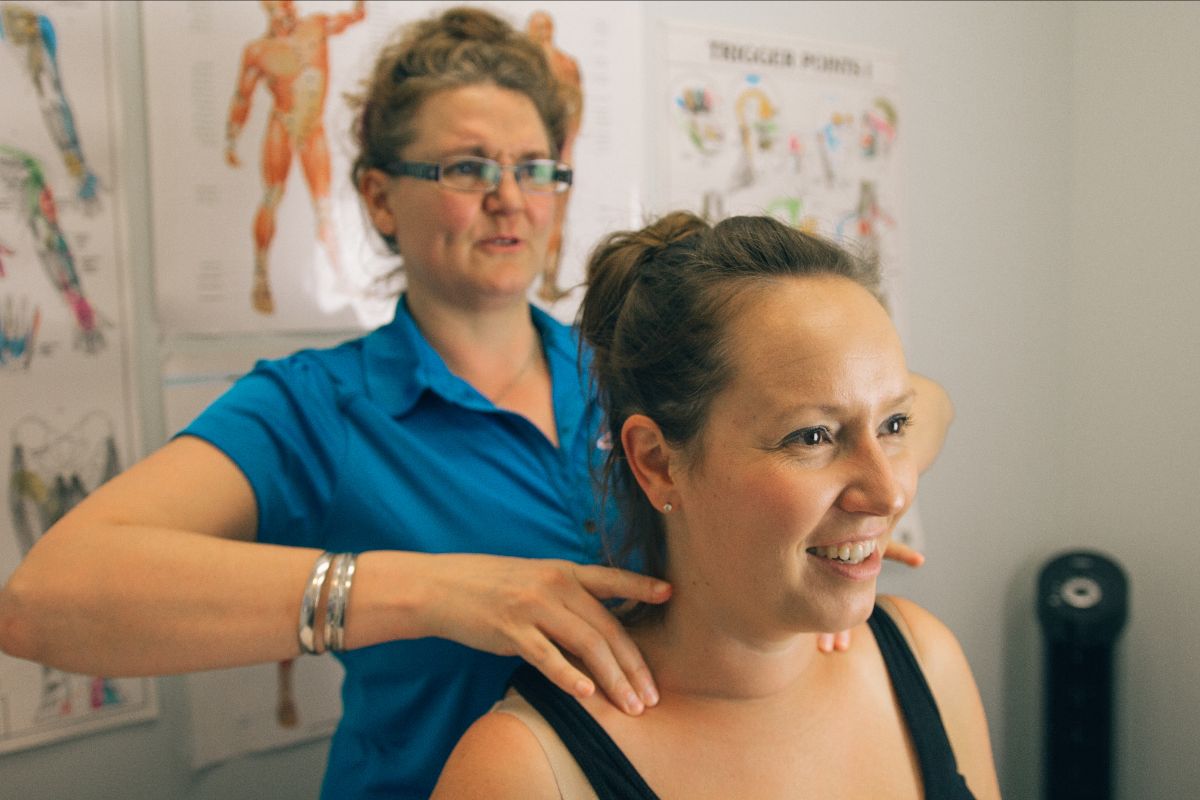What is Core Stability?
The core is made up of a group of 4 muscles: Transversus Abdominis, Multifidus, Diaphragm and the Pelvic Floor. These muscles work like a corset to stabilize the joints of the spine and pelvis in preparation for movement or loading. They do this by increasing the tension in the connective tissue/fascia and by increasing the abdominal pressure.
Core muscles are intended to work at a low level of effort for prolonged periods of time, and they increase their activity before movement or loading occurs. They stabilize the body to prepare it for stable and good movement patterns

What Happens With Pain or Injury?
With lower back/pelvic pain or injury, the transversus abdominus (lower stomach muscles) and multifidus (deep back muscles) are inhibited and do not work correctly as required. This means that when you prepare to move or load the back, those muscles may be delayed or absent.
Other factors responsible for weak core muscles could be poor biomechanics, spinal malalignment, unequal leg length, scoliosis, previous surgeries or prolonged periods of immobilization.

Conditions Which Benefit From Improved Core Stabilization:
- Neck, back or pelvic pain
- Disc lesion
- Lumbar, SIJ strain/sprain
- Hypermobility
- Sciatica
- Pregnancy/Postpartum

Physiotherapy Treatment Will Focus On:
Exercises to retrain the core muscles, to improve muscular stabilization and sequencing of muscle activation. This will assist in recovery from muscle imbalance/injury and prevent repetitive stress to the cervical/thoracic and lumbopelvic region.
- Retrain “core” muscle strength and timing
- Restore range of motion in stiff joints with manual therapy i.e. joint mobilizations and muscle energy techniques as well as soft tissue release
- Control instabilities/ mechanical dysfunction through muscle retraining and correction of functional tasks with respect to work, activities of daily life and sport
- Education regarding self-management and posture re-education
A strong core will reduce compensatory patterns, due to weakness which in turn will decrease the risk of injury!
To learn more about Allied Physiotherapy Health Group and the services we offer, please click here!